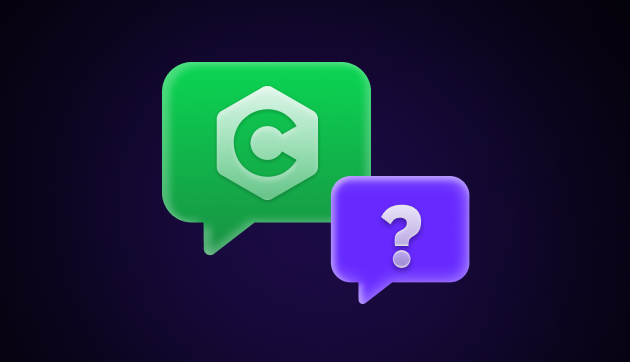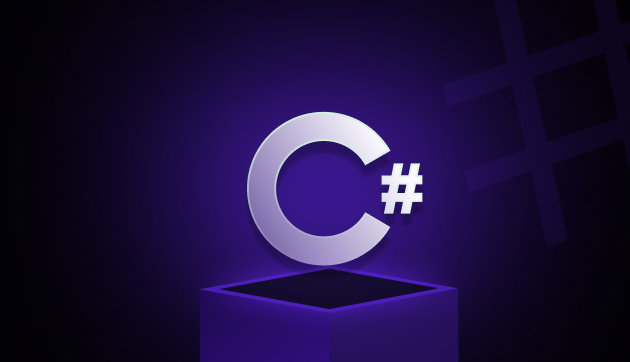“var functionName = function” VS “function functionName”: A Complete Guide
Sep 06, 2024 3 Min Read 1590 Views
(Last Updated)
If you are reading “var functionName = function and function functionName,” we can understand how confusing it is for you. But, before your mind drifts towards more confusion, let us quickly tell you that “var functionName = function vs. function functionName” is one of the easiest comparisons in JavaScript. Oh, yes, it is!
Once you have gone through this guide, this particular comparison won’t ever concern you. But you have to read every statement of this guide quite thoroughly. Programming, as well as its topics, asks for complete attention, is it?
Now, let’s move straight towards today’s topic.
Table of contents
- Function Declarations
- Standard Function Declaration
- Function Expression
- Function Declaration Vs Function Expression - var functionName = function and function functionName
- Final Notes
- MCQs Related to "var functionName = function and function functionName"
Function Declarations
Every programming language has its own way of declaring a function. Though in most cases, it is “function functionName(){}” but the syntax could vary as per the language.
In JavaScript, the standard function declaration syntax is “function functionName(){}”. This is the traditional method, and it is termed as Standard Function Declaration.
But if you have been writing scripts in JS for quite a long time, then you must have come across another way of declaring a function in JS, i.e., “var functionName = function(){}.” Technically, this way is termed as Function Expression.
Before diving into the next section, ensure you’re solid on full-stack development essentials like front-end frameworks, back-end technologies, and database management. If you are looking for a detailed Full Stack Development career program, you can join GUVI’s Full Stack Development Career Program with placement assistance. You will be able to master the MERN stack (MongoDB, Express.js, React, Node.js) and build real-life projects.
Additionally, if you want to explore JavaScript through a self-paced course, try GUVI’s JavaScript self-paced certification course.
Standard Function Declaration
Experienced as well as naive developers are using the Standard function declaration way. The syntax is as follows:
The Hoisting concept backs up this function declaration method. If you are wondering what hoisting is? Then let me quickly explain it using a small script.
Here, the function “functionDemo()” invokes before its declaration. But still, the program won’t throw any errors; it is because of the Hoisting Concept.
The function “functionDemo()” needs to be invoked with its name like functionDemo(); You must note that declaring the function won’t invoke it automatically.
Note: In JavaScript, whenever the interpreter starts working on a new scope, all the variable and function declarations of that scope line up at the top. Therefore, they execute in the first place with the utmost priority. This whole process is called Hoisting.
Now, let’s move to Function Expression.
Also Read: How To Use Global Variables Inside A Function In Python?
Function Expression
In function expression, you can declare a function using a statement. Apart from this, you can directly store the return value of a function in a variable.
Function Expression has the following syntax:
You can invoke the function using the variable name with small brackets and semicolons.
Refer to the illustration for a better understanding:
Now, if you try to invoke the function before its declaration, then the system will throw a TypeError: “result is not a function.” It is because hoisting doesn’t work with function expressions. It is only limited to variable and standard function declarations.
So, that was all about Standard Function Declaration and Function Expression. Now, have a look at the comparison table attached below:
Function Declaration Vs Function Expression – var functionName = function and function functionName
| Properties | Function Declaration | Function Expression |
| Ease of Use | It is comparatively easy to use since it is almost identical in every programming language | Only a limited number of programming languages support Function Expression, thus developers need to put in extra efforts to make it understandable to a reader |
| Performance | Standard Function Declaration is much more efficient than Function Expression | Less Efficient |
| Concepts Supported | Hoisting is supported | No special concept is supported like hoisting |
| Popularity | Very popular | Limited popularity |
| Extras | No Special use-case | Can be used as closures and arguments for other methods directly. |
Also Explore: 6 Best Front-End JavaScript Frameworks To Learn In 2024
Final Notes
I think now, the standard function declaration and function expression are clear to you. So, you can use any of these based on your use case; Just refer to the table attached above to understand the performance and usage.
In my opinion, I would recommend using the standard function declaration if you want to create a function and return a particular output. Whereas, if you want a function to pass its return value as an argument to another function, function expression is a perfect solution for you.
Also, Know About The Future & Scope of Full-Stack Developers in India
Furthermore, if you still have a doubt about the comparison, drop it down in the comments and discuss it further.
Kickstart your Full Stack Development journey by enrolling in GUVI’s certified Full Stack Development Career Program with placement assistance where you will master the MERN stack (MongoDB, Express.js, React, Node.js) and build interesting real-life projects. This program is crafted by our team of experts to help you upskill and assist you in placements.
Alternatively, if you want to explore JavaScript through a self-paced course, try GUVI’s JavaScript self-paced course.
MCQs Related to “var functionName = function and function functionName“
- Which one of the following is more efficient in terms of performance?
- Standard Function Declaration
- Function Expression
- Both are similar in terms of performance
- It cannot be determined
Answer: (a)
- Hoisting is supported by which of the following?
- Standard Function Declaration
- Variable Declaration
- Both a & b
- Function Expression
Answer:(c)
- Which of the following is executed with top priority?
- Function Expression
- Function Declaration
- Both a & b
- Variable Declaration
- Both b & d
Answer:(e)
- Which of the following can be directly used as a function argument for other functions?
- Function Expression
- Standard Function Declaration
- Both A & B
- None of these
Answer:(a )
- Which of the following statements is True?
- Function Expressions are more efficient in comparison with Standard Function Declaration.
- Standard Function Declaration is less popular.
- Function Expressions can’t be used as function arguments for other functions.
- Hoisting is not supported by Function Expressions.
Answer:(d)
































Did you enjoy this article?